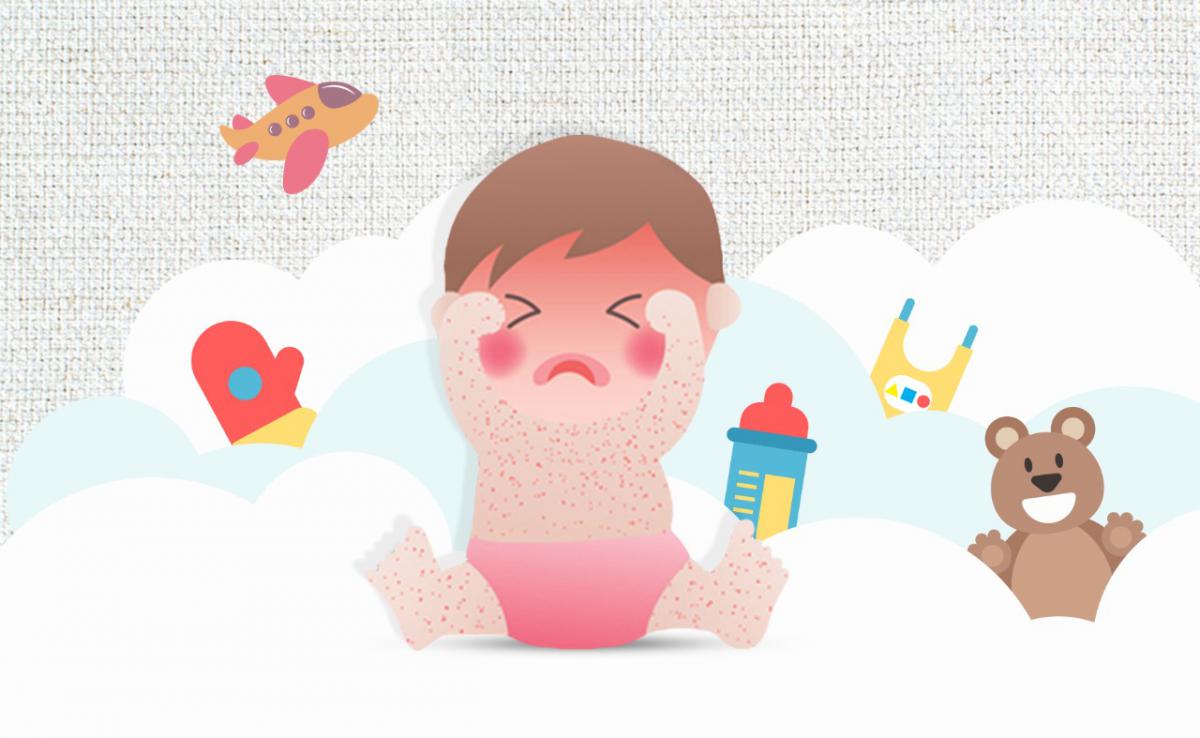What is Kawasaki disease?

Kawasaki disease is an inflammatory disease that primarily affects children younger than 5 years of age. The disease affects the coronary arteries and increases the risk of aneurysms. While the cause of the disease remains unclear, it is the leading cause of acquired heart disease in children.
Symptoms of Kawasaki disease include:
- Extremely red eyes
- A rash on the trunk or genital area
- Swollen lymph nodes in the neck and elsewhere
- Fever of unknown origin (lasting longer than 3 days)
- Redness and swelling of the tongue, hands, and feet
There is no specific test available to diagnose Kawasaki disease. The diagnosis strategy mainly depends on excluding other conditions that cause similar symptoms, such as measles, scarlet fever, and rheumatoid arthritis.
Kawasaki disease is a chronic health problem, and a management plan inclusive of aspirin and IV immunoglobulin can help reduce symptoms and prevent complications. Regular follow-up sessions with blood tests, electrocardiograms, and echocardiograms are essential in preventing cardiac complications.